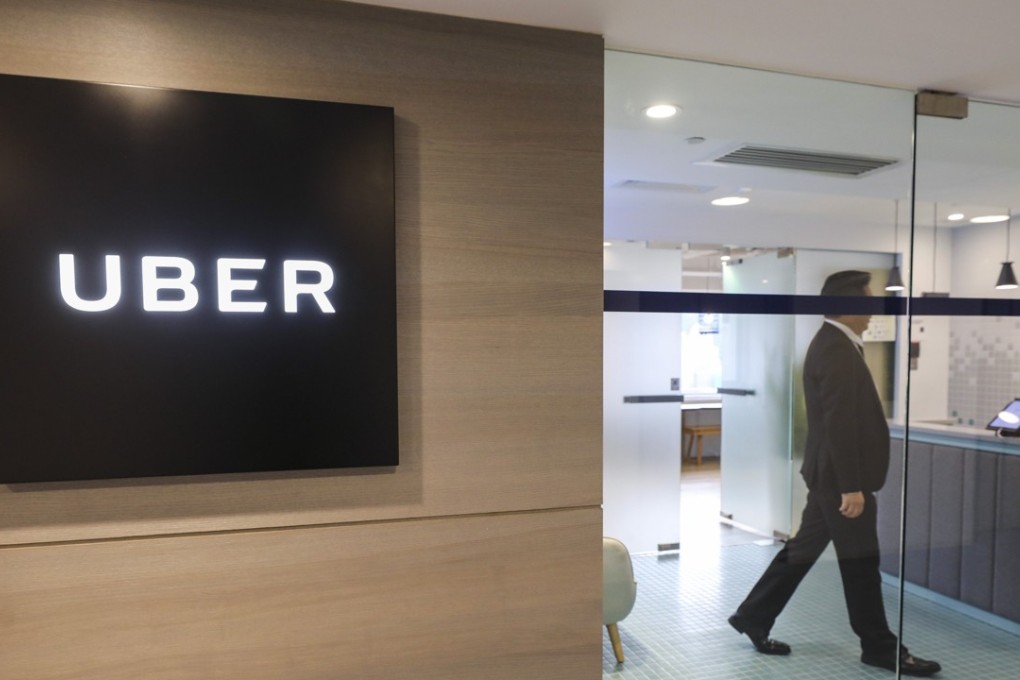Uber says it has changed its ways and is willing to partner with Hong Kong government to help smart city plan
- Dogged by controversy, the ride-hailing company admits its past mistakes and wants dialogue with authorities to address city’s mobility future
- Uber’s head of strategy and planning for Asia-Pacific Emilie Potvin tells the Post it was excited to hear Carrie Lam’s policy address

Controversial ride-hailing firm Uber has called for a partnership with the Hong Kong government to address the city’s mobility future as it vowed to change its unruly behaviour and to mend relations with the local taxi industry.
In an interview with the Post, Emilie Potvin, head of strategy and planning for Asia-Pacific, expressed the firm’s wish for dialogue with the government about how it could offer solutions for Hong Kong’s plans to become a smart city, an objective set out by Chief Executive Carrie Lam Cheng Yuet-ngor.
Potvin said Uber was particularly happy to see Lam’s recent announcement of a review of outdated laws that impede the development of innovation and technology.
In her latest policy address in October, Lam said the newly formed Policy Innovation and Co-ordination Office (PICO) was responsible for the review and it was consulting relevant sectors and sorting out the review’s scope.

“An important objective in promoting smart city development is to enhance the government’s capability in innovation and the standard of city management,” Lam said in the policy address.